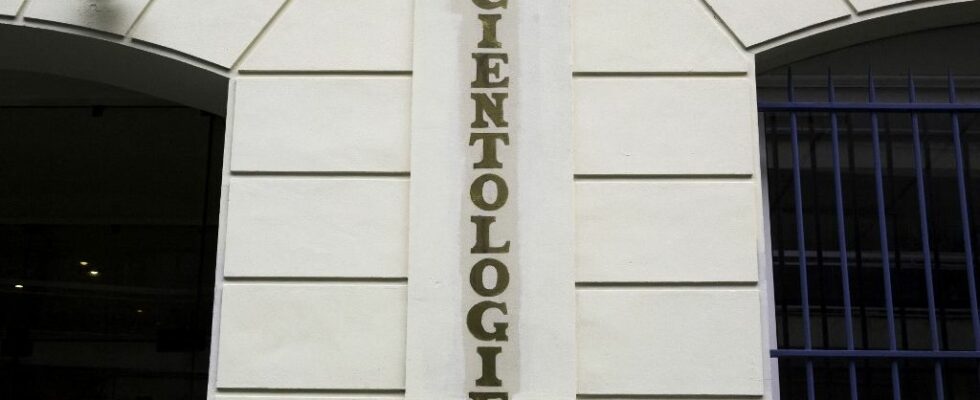The case dates back to the last century. At the time, Jacques Chirac was starting his first seven years, the Blues had just been crowned world champions for the first time, and Manau was a hit with his tube Dana’s tribe. Twenty-four years after the start of the investigation, the criminal court of Créteil will finally look from Wednesday, for three days, on the case of the Aubert institute, a private school in Vincennes (Val-de-Marne ). Six defendants, members of the educational team, are tried for having applied, without the knowledge of parents of students, the precepts of the Church of Scientology, classified in France among the sects by several parliamentary reports.
In front of them, a single family, whose two daughters were enrolled in this establishment. “In this case, others have given up because twenty-five years is exhausting, it’s too long”, denounces their lawyer, Me Olivier Morice, to 20 minutes.
modeling clay for stress
It all started in October 1998. Worried about the situation of minor children enrolled at the Aubert Institute, the mayor of Vincennes sent three letters to the Créteil prosecutor’s office. He appended to his letters an article by VOD entitled In Vincennes, Scientology buys a school in decline. The institute’s presentation brochure, reproduced by the magazine, promised “the absence of homework and written tests, while introducing the use of modeling clay to eliminate stress, all to 33,300 francs per year (about 6,400 euros). »
An investigation is then opened, entrusted to the police officers of the departmental security of Val-de-Marne. Quickly, the investigators discovered “irregularities in the administrative situation of the establishment”. They also get their hands on several elements concerning the “belonging” of this school “to the Church of Scientology”, founded in 1954 in the United States by Ron Hubbard, a science fiction author.
“contact care”
Judicial information was opened in April 1999 on the counts of “service delivery fraud”, “misleading advertising”, “concealed work”, “fraud” and “abuse of weakness”. The case will then pass through the hands of ten investigating judges.
Investigations revealed that the establishment’s management was trying to conceal connections with Scientology. A teacher told the police that she “was not aware of the Scientology basis of the teaching she was to provide”. The father of a school child, who was himself a follower of this church and who owned shares in the establishment, for his part admitted “that we should have informed the parents about the existence of contact care “. A method that consists of “passing pain by making contact with its cause”. “This technique has not been validated by any experimental study and can lead to a non-negligible lack of care”, underlined experts during the instruction.
“Serious educational, didactic and pedagogical deficiencies”
A second expert report concluded that the teaching provided within the school “did not meet any of the quality criteria defined by law” and caused “serious educational, didactic and pedagogical deficiencies”. It points in particular to the “insufficient qualification of teaching and supervisory staff”.
Around 60 students attended the school at the time. Several parents said they were unaware of “the teachers’ and school’s ties to the Church of Scientology.” Some have subsequently noticed “behavioural problems” in their children. A mother in particular assured that she would not have registered her son there if she had known of the relations with this movement.
If the case does not involve any particular complexity, it was however necessary to wait until 2012 for three people to be sent back to court. Seven years later, two other people and a Scientology association were also. And the lawsuit was not heard until 2022.
“Judicial mistreatment of litigants”
“What makes my clients particularly angry is that they had to go to French courts in 2013 to have the State judicial officer convicted of gross negligence [pour le retard pris]. And the French courts have behaved with incredible corporatism,” laments Me Olivier Morice. Last March, the French government finally “acknowledged” that the investigation of this case had “disregarded the provisions” of the European Convention on Human Rights (ECHR) on the reasonable length of criminal proceedings. He undertook to pay nearly 40,000 euros to the four applicants who had seized the ECHR.
“The real question that remains is: ‘How does justice explain such a lack of inheritance today?’ continues Me Morice. In a letter addressed to the Keeper of the Seals, consulted by 20 minutes, the lawyer denounces a real “judicial mistreatment of litigants”. He asks Éric Dupond-Moretti to order an investigation by the General Inspectorate of Justice into the “dysfunctions” of this case.

